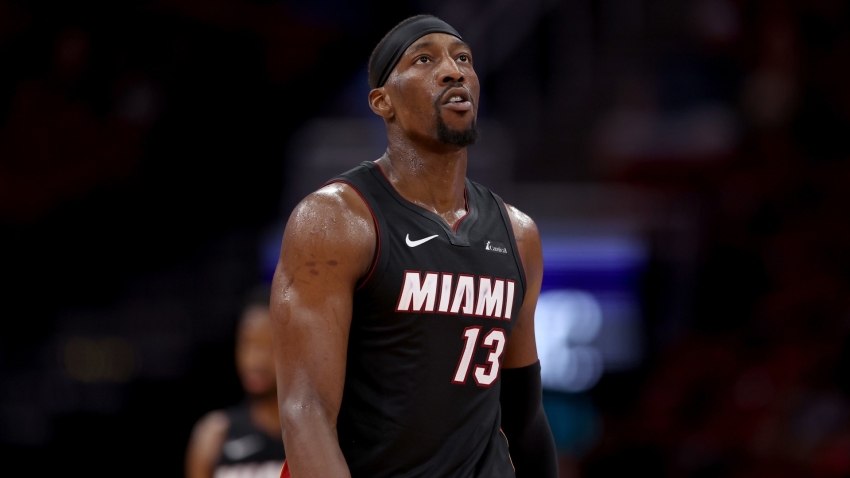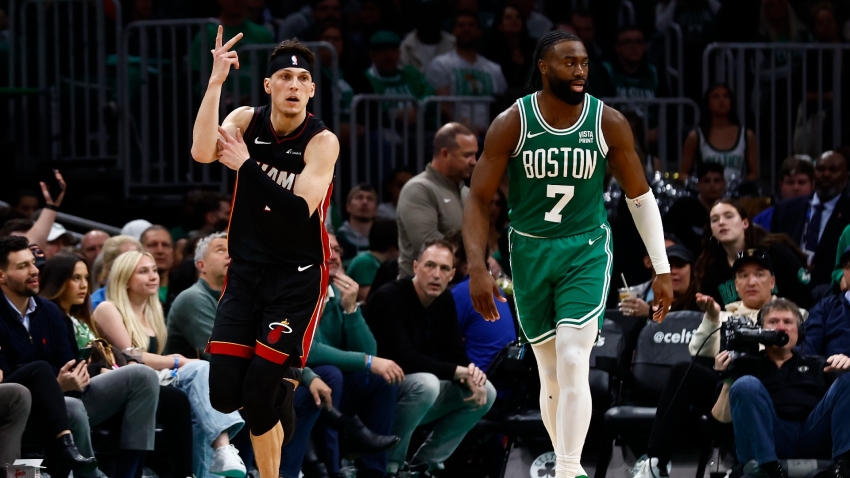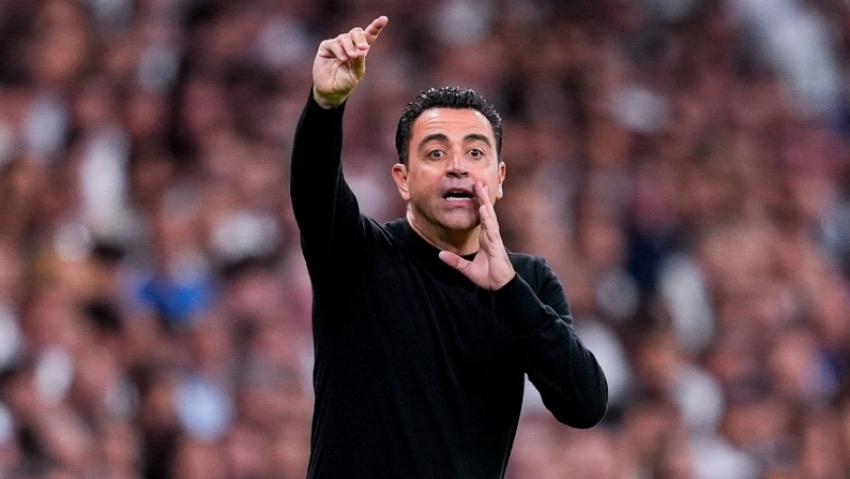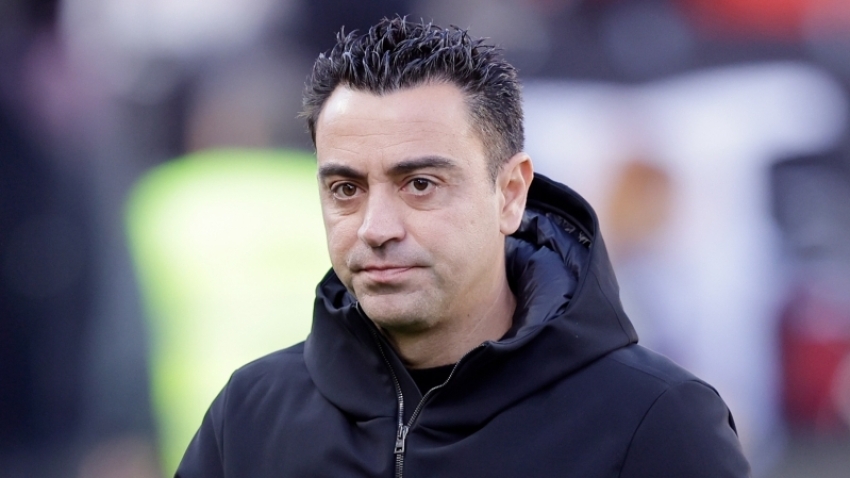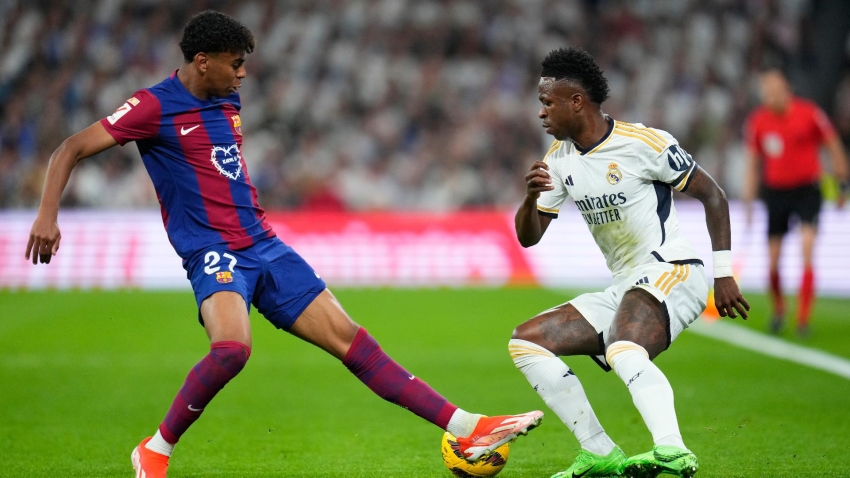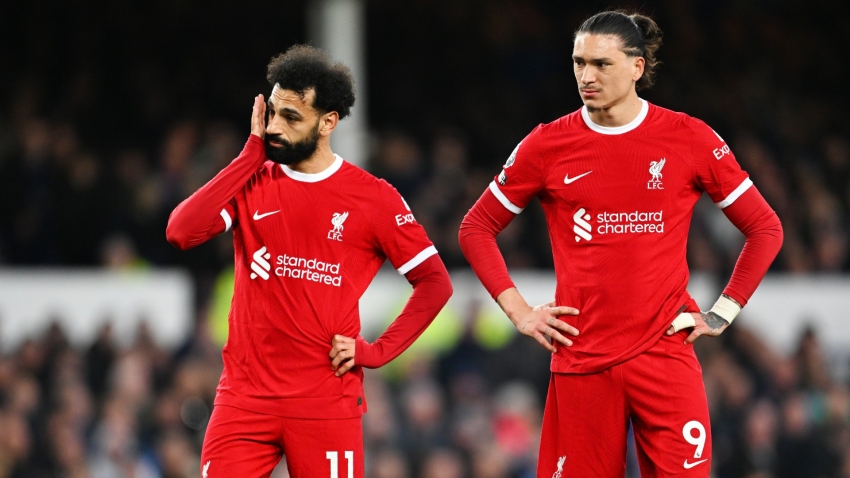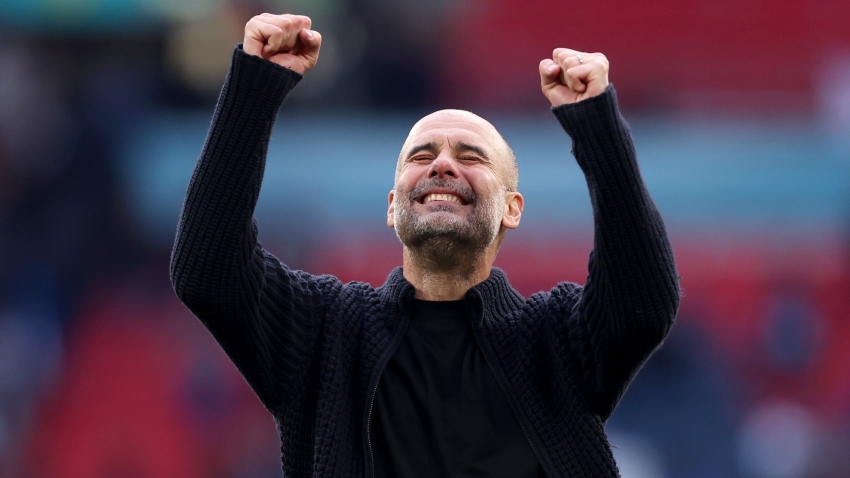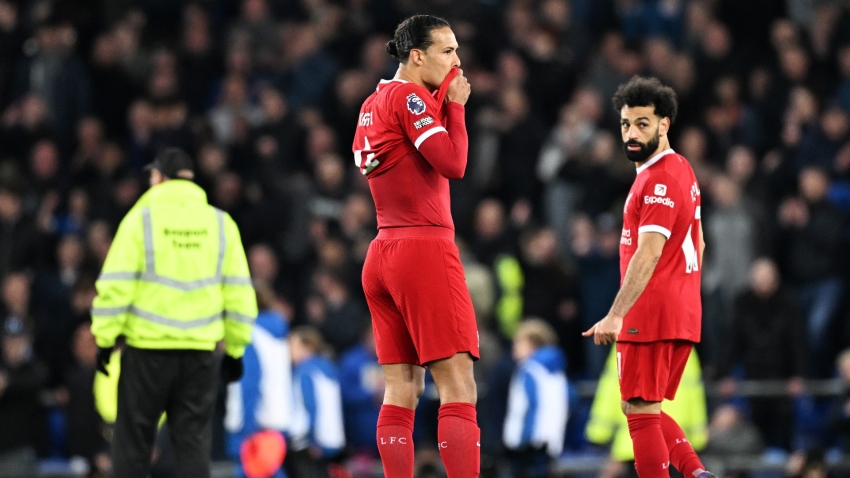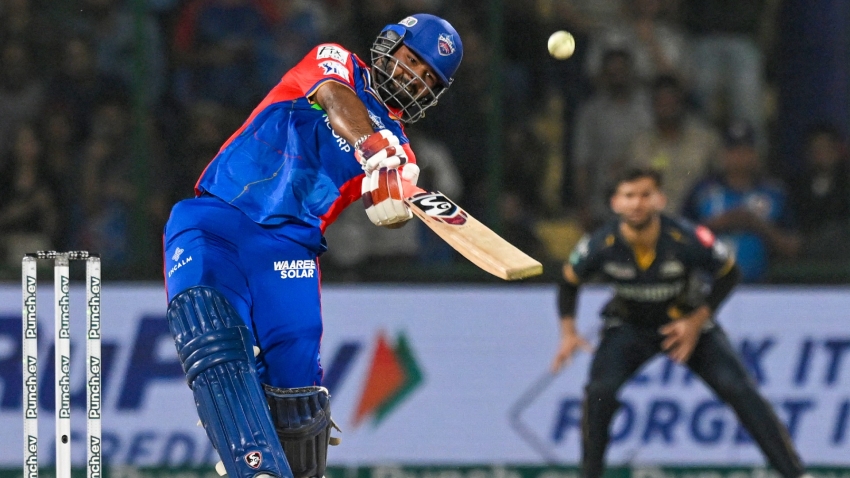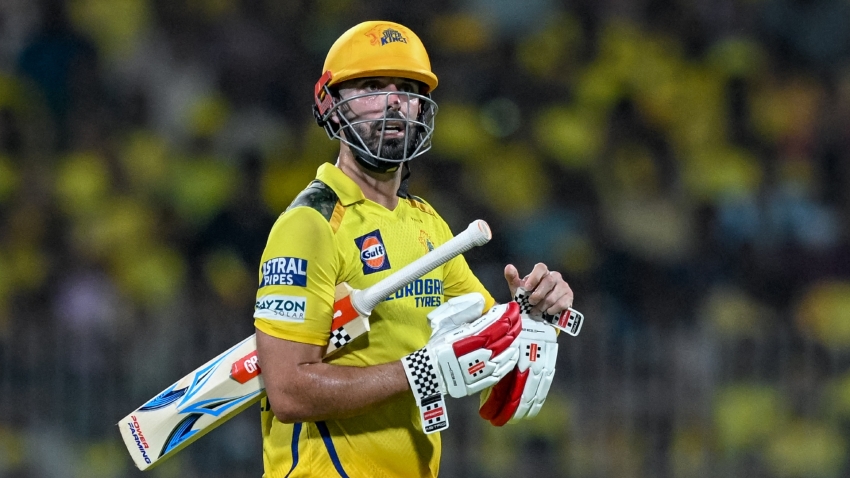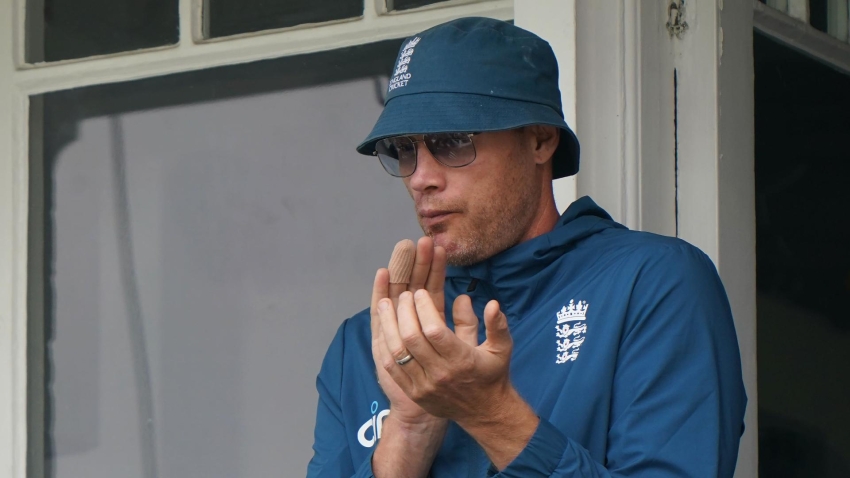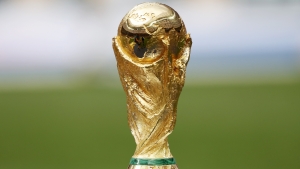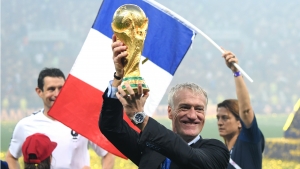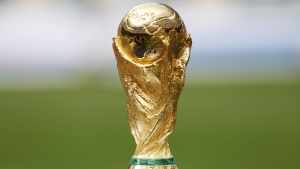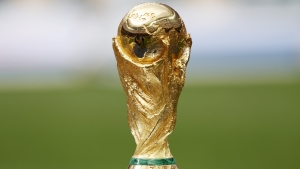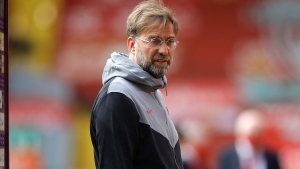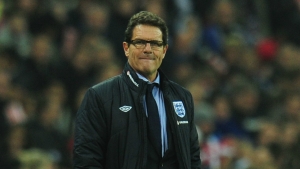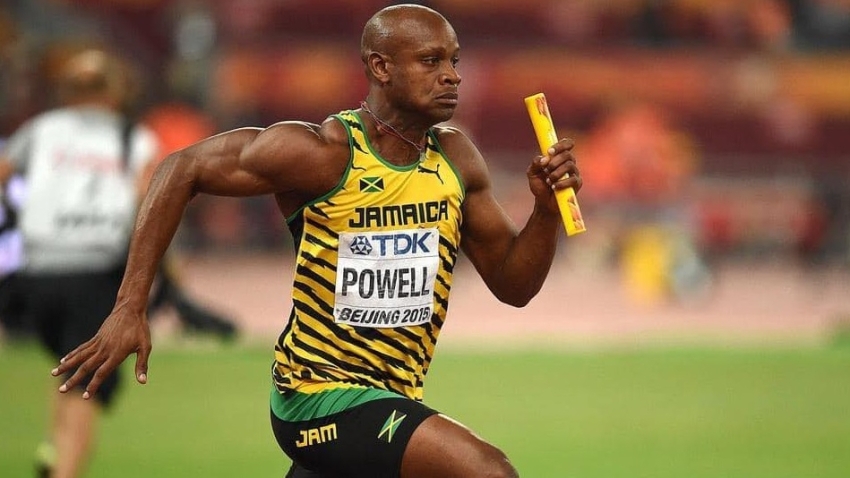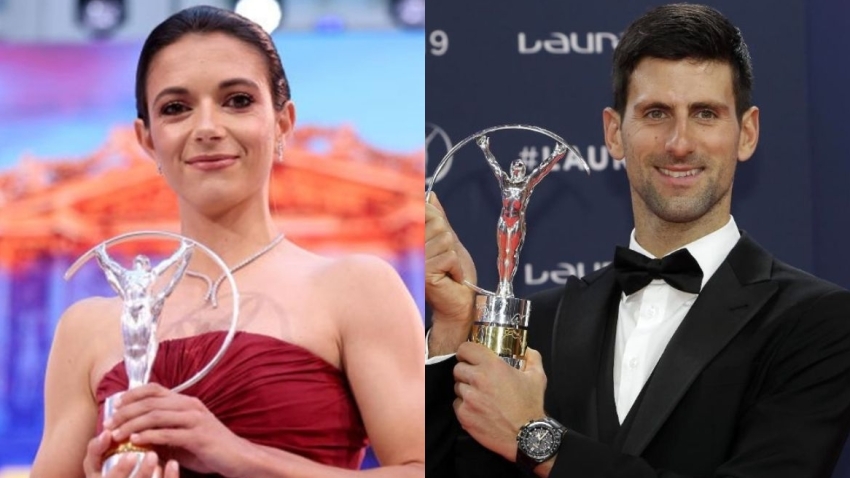South American nations are firmly opposed to FIFA staging the World Cup every two years, CONMEBOL said on Friday, warning that such a change "could distort the most important football competition on the planet".
The confederation indicated it had been wrong to advocate for a switch from the current format, after its president Alejandro Dominguez pushed in 2018 for the world governing body to consider holding the global tournament more frequently.
Arsene Wenger is the figurehead of a move to transform the game's calendar, with FIFA's chief of global football development seeking influential support but also encountering serious opposition to the project.
Europe's top leagues have said they are "firmly and unanimously" opposed to the plans, while UEFA has strongly expressed its opposition and warned of a possible World Cup boycott if the plans get the go-ahead, with its president Aleksander Ceferin saying European and South American national federations were "on the same page".
That point has now been underlined by a CONMEBOL takedown of FIFA's plans that concludes it would be "highly unviable" and that there was "no sporting justification" to change the World Cup from its current status as a tournament that is staged every four years.
CONMEBOL said it had consulted senior South American football officials before delivering its verdict.
It stated: "A World Cup every two years could distort the most important football competition on the planet, lowering its quality and undermining its exclusive character and its current demanding standards.
"The World Cup is an event that attracts the attention and expectations of billions of people because it represents the culmination of a process of elimination that lasts the entire four-year period and has its own dynamics and appeal.
"A World Cup every two years would represent an overload that is practically impossible to manage in the international competition calendar. In the current conditions, it is already complex to harmonise times, schedules, logistics, adequate preparation of equipment and commitments. The situation would be extremely difficult with the proposed change. It could even put the quality of other tournaments, both club and national, at risk.
"The idea of the World Cup is to bring together the most talented footballers, the most outstanding coaches and the most trained referees to determine in a fair and fair competition which is the best team on the planet. This cannot be achieved without proper preparation, without teams developing their skills and technicians designing and implementing strategies. All of this translates into time, training sessions, planning, games.
"CONMEBOL defends the search for excellence in the field of play and is committed to increasingly competitive events of the highest quality. There is no sporting justification for shortening the period between World Cups."
The South American confederation said for any major change to take place, there must be "a frank debate, in which all opinions and criteria are considered".
FIFA's proposal is for the men's and women's World Cups to each take place every two years, along with international breaks for qualifying games during domestic seasons being fewer in number but longer in duration.
World Cup heavyweights Brazil and Argentina may be among South American nations concerned about the financial muscle within European football, and CONMEBOL is not closing its door to discussions with FIFA about developing the game.
It added that it was always "open to dialogue that seeks the best for football", but its opposition to the World Cup proposal appears inflexible, given the forthright terms in which it was delivered. Having performed one U-turn, a second would point to incompetence.
The upshot of Friday's development is that FIFA is facing stiff opposition from the two continental federations that have provided every men's World Cup winning team.
"Although at some point CONMEBOL supported the project in question, technical [analysis] showed that it is highly unviable," CONMEBOL's statement added.
"Therefore, under current conditions, it ratifies its support for the current World Cup model, with its terms and classification mechanisms, considering it consistent with the spirit that animated those who conceived and founded this competition."


